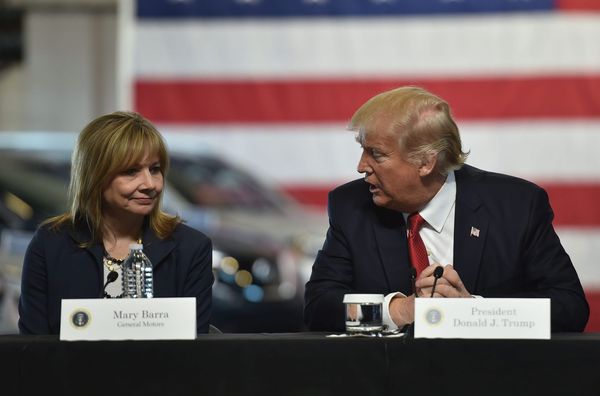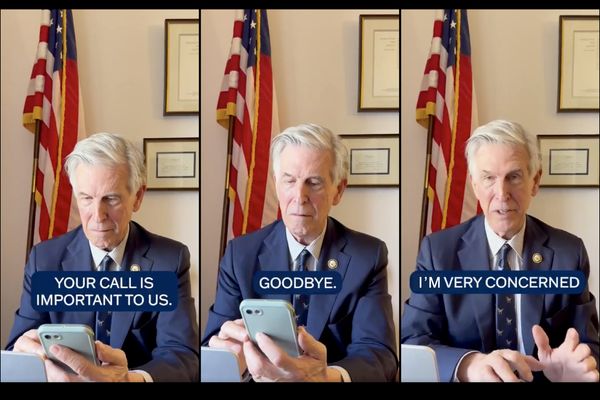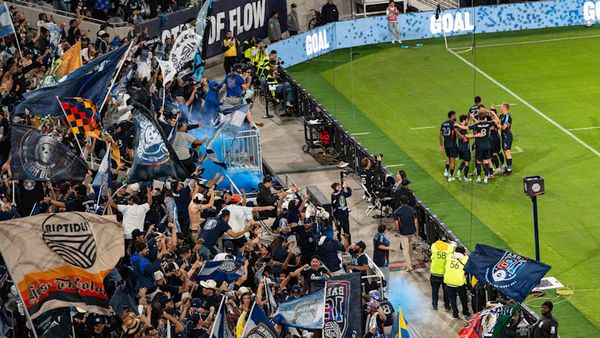
When Dylan Alcott was announced as Australian of the Year on Tuesday, I was thrilled to see another disabled Australian honoured in this way (he wasn’t the first, his predecessor also had a disability, albeit invisible). I was moved by his speech and I felt hopeful that, as a result, national attention would be drawn towards the important issues affecting people with disabilities – NDIS, discrimination, unemployment, poverty and social isolation to name just a few.
Dylan is an amazing athlete, an entrepreneur and a great public speaker. He deserves this – no doubt about it!
Dylan’s story is a delicious blend of inspiration and all the good feels. But forgive me, it’s been hardly 48 hours since he was awarded the accolade and I’m already feeling a bit cringe listening to interviews about how much he loves his disability and I am a little worried about what might become of all this in 12 months time.
So I’m getting on the front foot and making a small request to the people of Australia in this year of Dylan Alcott: please don’t judge me and other disabled people for not being as “in love” with our disabilities as Dylan is.
In his speech at the awards night and in the interviews I have seen so far, Dylan tells his story of once hating his disability and that over time and with the support of family and friends, he has grown to love his disability.
His narrative is one I have heard shared by many disabled people over the years, especially among disability activists as we discovered that our problems lay in the obstacles placed before us by society rather than being inherent to our disability or impairment. It is a very important story that needs to be heard because it challenges the prevailing social narrative that disability is a tragedy and that in turn our lives must be miserable.
While I recognise that a lot of the discrimination and injustices I face are societal, I hate the fact that I have a genetic condition that causes severe muscle wasting and that over the years it has slowly crippled me, to where the only movement I have remaining is a wriggle in my thumbs.
Does that make me less evolved in my disability journey? Does it mean that I am yet to reach my ultimate destiny of fully embracing and celebrating my disability? Some may presume so.
But no, it reflects the severity of my disability and the fact that my disability makes my life really hard. Depending on others for the most basic things. Struggling to eat, drink and breathe is no picnic. Neither is the pain of extreme scoliosis that I experience on a daily basis.
I don’t want sympathy. I want people to understand that we can’t all “love our disability”. For me, there’s really not a lot to love. I hate it and always will.
Hating my disability doesn’t mean that I hate my life. I love my life and I feel proud of what I have achieved and of the work that I do. I feel proud of and love the disability community that I belong to.
So as we spend the next 12 months listening to Dylan and his inspiring, “feel-good” story, don’t forget there are many other stories that might not be quite as heartwarming but that represent the daily reality of disability in its many forms. We can’t all love our disability. We don’t have to.
But what we all need to do is work towards a society where accessibility and inclusion are front and centre of social policy so that there is more to love and less to hate about being disabled.
• Dr George Taleporos is chairperson of the Victorian Disability Advisory Council and host of the podcast Reasonable and Necessary. You can find him on Twitter. This article was first published here and is republished with permission of the author







